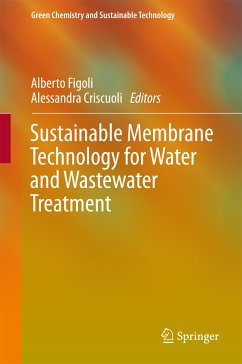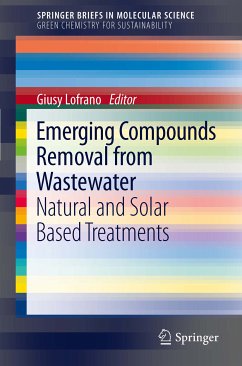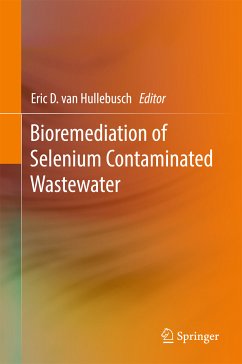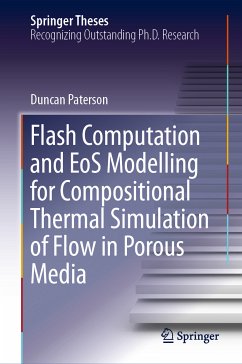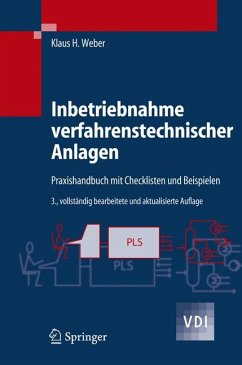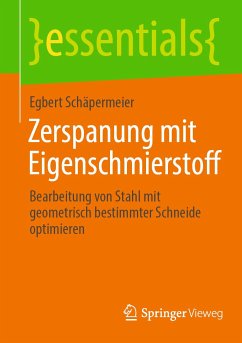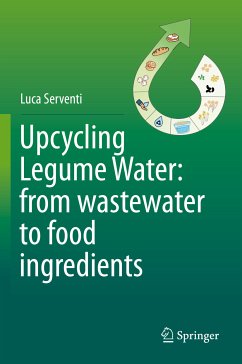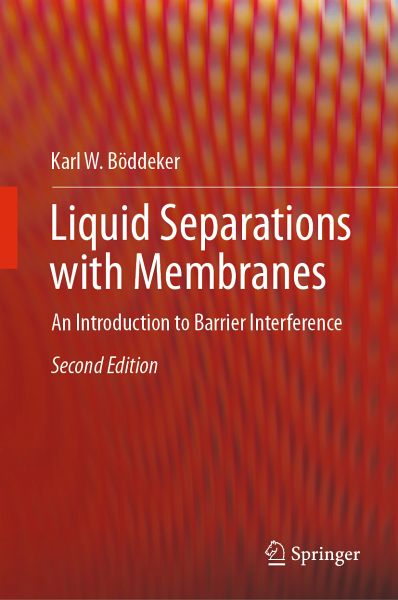
Liquid Separations with Membranes (eBook, PDF)
An Introduction to Barrier Interference
Versandkostenfrei!
Sofort per Download lieferbar
72,95 €
inkl. MwSt.
Weitere Ausgaben:

PAYBACK Punkte
36 °P sammeln!
Exploiting barrier interference is the challenge of membrane separation science and technology. This book provides expert knowledge as a survey, in systematic order, of the terms and concepts by which barrier separations operate, and through which practical membrane separation processes are designed. The aim of this book is to present the relevant thermodynamic features of fluid mixtures in contact with semipermeable barriers, then to apply this information in deriving the working principles and design requirements of individual membrane separation processes. The membranes, by this approach, a...
Exploiting barrier interference is the challenge of membrane separation science and technology. This book provides expert knowledge as a survey, in systematic order, of the terms and concepts by which barrier separations operate, and through which practical membrane separation processes are designed. The aim of this book is to present the relevant thermodynamic features of fluid mixtures in contact with semipermeable barriers, then to apply this information in deriving the working principles and design requirements of individual membrane separation processes. The membranes, by this approach, are introduced by way of the mass transport and selectivity demands which they are to meet.
Dieser Download kann aus rechtlichen Gründen nur mit Rechnungsadresse in A, B, BG, CY, CZ, D, DK, EW, E, FIN, F, GR, HR, H, IRL, I, LT, L, LR, M, NL, PL, P, R, S, SLO, SK ausgeliefert werden.




